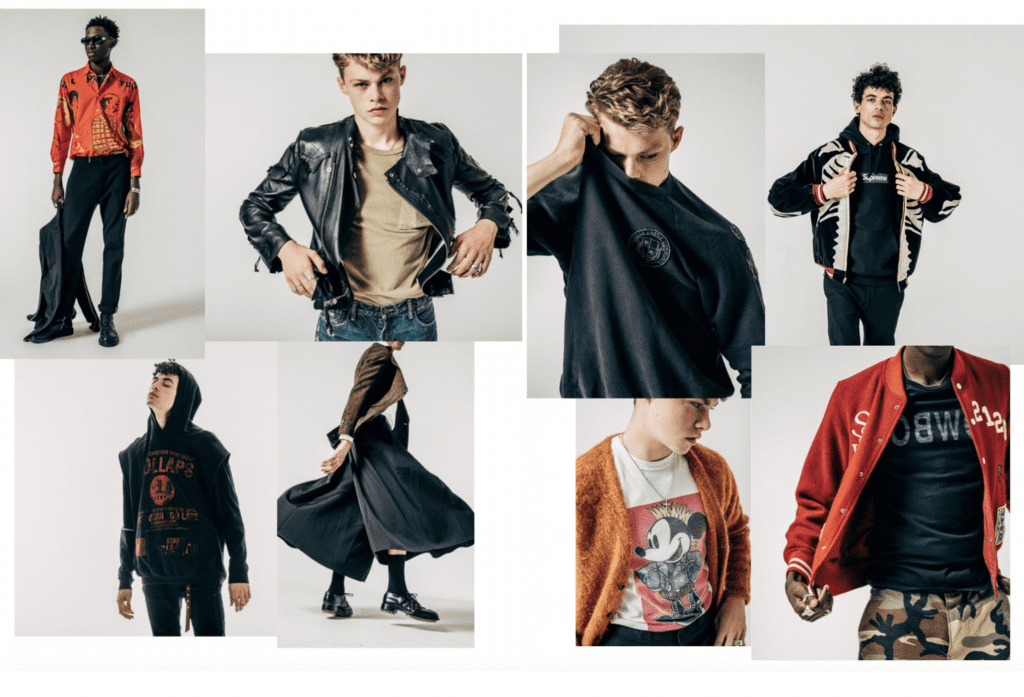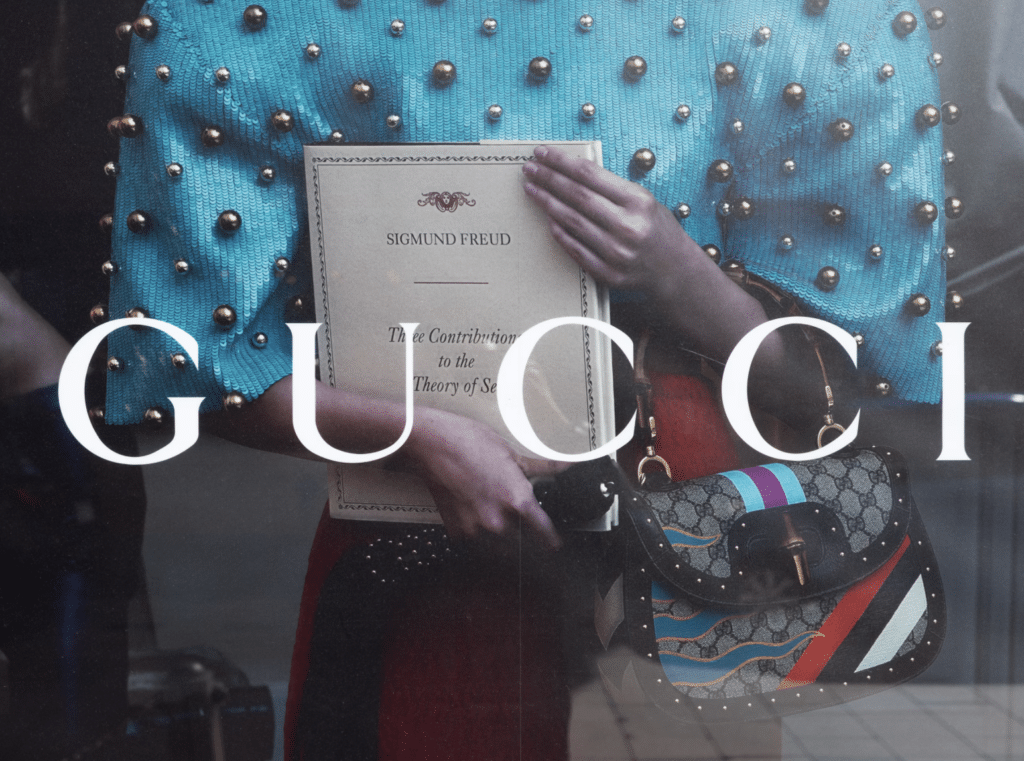Kering is further cementing itself in the secondary market, as Groupe Artémis, the holding company of Kering founder Francois Pinault and the primary shareholder in the French luxury goods group, has lent its investment prowess to Grailed. On Thursday, the men’s fashion and streetwear-centric marketplace announced the closing of a $60 million Series B funding round led by fellow resale player GOAT Group and with participation from Groupe Artémis, along with existing investors Thrive Capital and Index Ventures. New York-based Grailed – which boasts more than 7 million global users and over 3 million listings from upwards of 10,000 brands – aims to use the influx of cash to boost its authentication services (a critical component for resale entities), as well as to improve its payment processing system, merchandising efforts, and the larger content strategy for its editorial-slash-e-commerce site.
The latest funding round for 8-year-old Grailed – which describes itself as “a curated e-commerce marketplace for men’s clothing” and a “community-driven marketplace that is built for enthusiasts by enthusiasts” – comes just over six months after apparel and footwear resale group GOAT welcomed a “strategic investment” from Groupe Artémis in furtherance of its own quest to “expand in the fashion apparel and new categories.” That January announcement followed from a Series E round of $100 million that GOAT closed in September 2020, which valued the 6-year-old company at $1.75 billion.
Grailed’s round, which is the most recent example of an ongoing string of investments in the resale space, is striking for a number of reasons, among them: (1) GOAT’s involvement, and what that means from a potential consolidation perspective; and (2) the participation of Groupe Artémis – and by extension, Kering – particularly as some luxury brands and groups continue to test out the waters that are resale.
Speaking about GOAT’s involvement in Grailed’s latest round, GOAT Group co-founder and CEO Eddy Lu, said in a statement on Thursday, “We are incredibly excited to lead Grailed’s second funding round and partner with them to advance the experience for our two communities.” In a nod to the enduring consolidation that is underway in the resale space (and also among luxury brands and retailers), Lu says that “Grailed and Goat share a common approach, based on authenticity, trust and a highly curated perspective on style, which is core to our brand as we bring the greatest products together from the past, present and future.”
It is not difficult to envision a merger of these two entities at some point, especially in light of the increasingly-crowded nature of the resale space, where new entrants continue to gain steam and existing entities look to differentiate themselves in order to grab a greater piece of the market, which is estimated to be worth $64 billion by 2024, according to resale platform ThredUp. Looking even further ahead, in its latest resale report, ThredUp put the size of the secondary market at $80 billion by 2029, up from $28 billion in 2019 when sales of secondhand clothing were growing 21 times faster than conventional apparel retail. At least some companies are aiming to amass market share of this growing segment by way of acquisitions; Etsy, for example, announced its plans to acquire Depop in June in a $1.62 billion deal.
A formal tie-up between GOAT and Grailed would likely enable them to better compete with the $3.8 billion-valued streetwear/sneaker resale platform StockX, for instance, and even the likes of The RealReal, which has seemingly been increasing its focus on sneakers and streetwear, noting the momentum of both categories on its platform in its recent resale report.
As for Groupe Artémis and Kering, the two entities have been making increase inroads into the secondary market, with Kering – which is routinely the first-mover in the luxury space when it comes to many sustainability-centric endeavors – taking an undisclosed stake in handbag rental company Cocoon in June, making it one of the biggest names in luxury to get behind the increasingly pervasive sharing economy. Kering’s chief client and digital officer Gregory Boutte said at the time that the deal is part of a larger strategy by the conglomerate to invest in innovative young companies.
Specifically in terms of resale ventures, thanks to the rising interest of consumers, namely, millennials and Gen-Z, in buying and selling pre-owned goods no shortage of companies are looking to this space to not only meet consumers where they are (and ideally build relationships with these powerful demographics), but to garner greater control over the workings of the relatively novel industry of resale in the e-commerce space.














